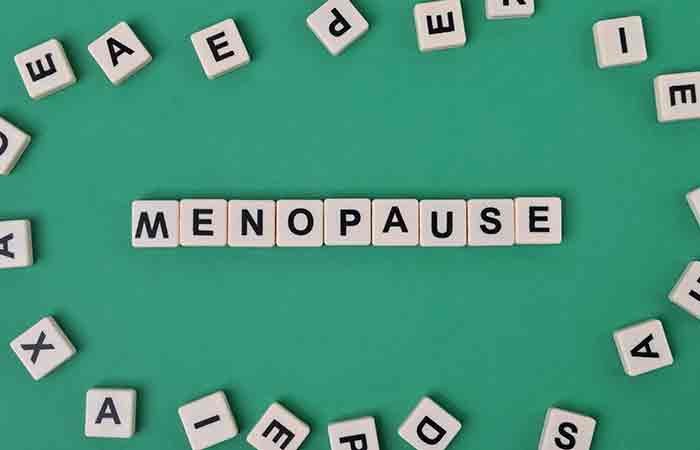 Healthcare profession support organisation Medical Protection Society (MPS) has been awarded a menopause-friendly accreditation due to its commitment to talking openly about it and putting the right help in place.
Healthcare profession support organisation Medical Protection Society (MPS) has been awarded a menopause-friendly accreditation due to its commitment to talking openly about it and putting the right help in place.
Established by Henpicked: Menopause In The Workplace, the accreditation recognises high standards and proven practices that embrace menopause in the workplace. To receive it, employers are required to demonstrate evidence of their effectiveness in the areas of culture, policies and practices, training, engagement, facilities and evaluation.
MPS was awarded the accreditation as a result of its menopause network, which aims to understand the wider impact on staff and the business while building awareness and smashing taboos, its MenoChat group, which provides peer-to-peer support and helps people to manage symptoms in a safe, friendly environment, and its ‘ask-me-anything’ sessions, run by in-house MPS medics.
The organisation also offers free, confidential counselling for those struggling with symptoms at work, training and support for its menopause advocates, awareness training for senior leaders, managers and staff, and has additionally called for more training, support and flexible working arrangements for doctors and dentists going through the menopause.
Lisa Davis, executive director of people and culture at Medical Protection Society, said: “Working with Henpicked and Menopause Friendly Accreditation has given MPS an excellent opportunity to learn best practice from, and benchmark ourselves against, other inclusive organisations. Our menopause network and monthly support groups have seen a high level of engagement in the topic in team meetings, blogs and forums. Particularly good to see is that we have people from across the business, many of whom are not directly affected, asking what they can do to support fellow colleagues, family members and friends.
“We recognise menopause and the associated symptoms vary widely, and regional and cultural differences may further affect a woman’s experience. Therefore, we took onboard feedback from our staff to ensure our support is fully inclusive and respectful of different views.”